Woman tries to understand why her body is giving up
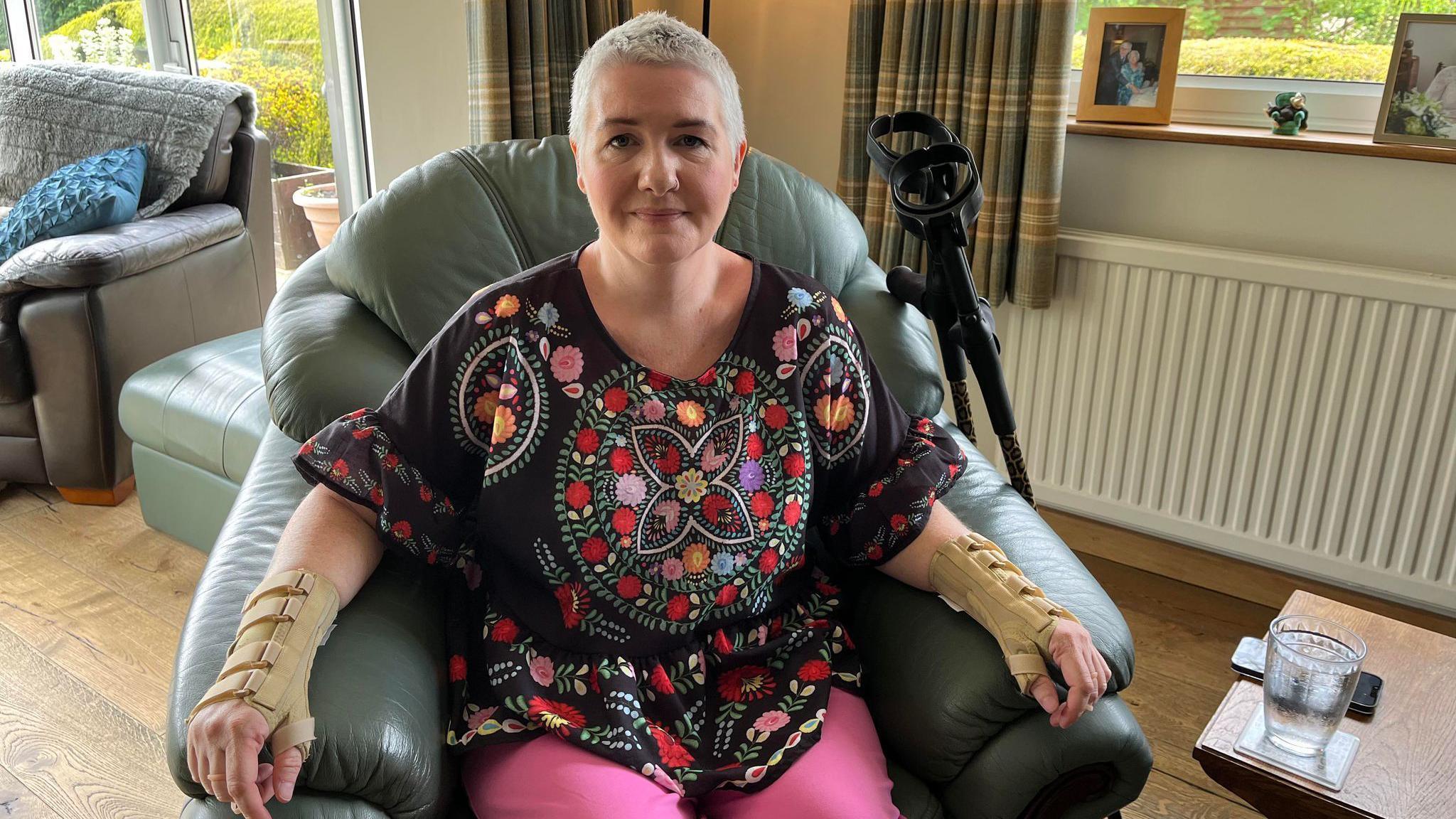
Angharad Rees is trying to find out why her health is deteriorating
- Published
A woman said she has been struggling to find answers to her health problems which have been affecting her quality of life.
Angharad Rees has had to move back to her parents' house in Llandegla, Denbighshire, after her health started getting worse over time.
She said she has been "passed from one hospital department to another" while trying to find the answers.
Betsi Cadwaladr University Health Board said it was unable to comment in detail about the care provided to Ms Rees due to patient confidentiality.
Teen with scoliosis finds therapy in drawing
- Published4 April 2024
Cost of being disabled akin to a tax, woman says
- Published11 November 2022
The woman whose life is spent staring at a ceiling
- Published19 March 2022
“My health has deteriorated significantly over the past year,” she said.
The 44-year-old said she always enjoyed walking, cycling, swimming and socialising with family and friends but does not have the “capacity, energy or mobility” to undertake those hobbies.
Having already been diagnosed with ulcerative colitis and an autoimmune condition, earlier this year she received a diagnosis of Ehlers-Danlos syndrome, external.
But she is in the process of trying to secure a second opinion after a previous diagnosis was overturned by the hospital.
With the support of her GP she is now pushing for a second opinion and has lodged a complaint with the health board.
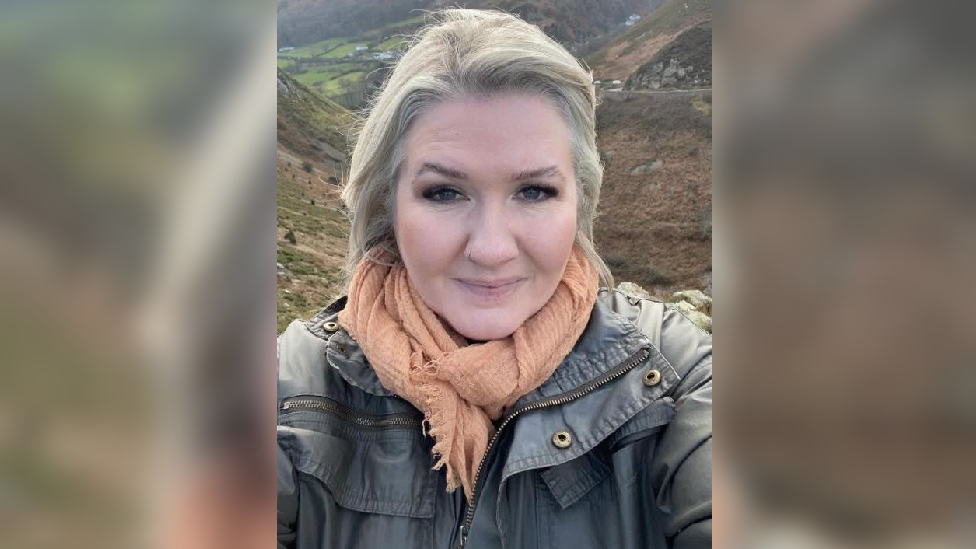
Before her condition worsened Ms Rees was a keen walker, but is now dependent on crutches
Ehlers-Danlos Support UK (EDS UK) said a lack of awareness of the varying Ehlers-Danlos conditions can make it difficult for many to secure a diagnosis and receive the appropriate support and treatment.
“My oesophagus no longer works, and it pushes food up rather than allowing food to go into the stomach," Ms Rees said.
“So for a period of 18 months now, I haven’t been able to eat proper meals.
“I also have issues with the lower digestive tract, so the bowel doesn’t work as it used to."
She said it was “the worst time of her life” and that she has been at “rock bottom, talking to doctors who simply aren’t listening”.
They put it down to psychological issues," she said.
“I just feel like I am constantly fighting, fighting the condition, I don’t have the energy to fight for a diagnosis and for further treatment," she said.
“There’s not a lot of understanding on this condition."
'Long and challenging road'
Ehlers-Danlos syndrome is a condition that affects the joints, causing hypermobility, digestive problems and joint pain as well as extreme fatigue.
EDS UK said the journey to get a diagnosis is a “long and challenging road”.
Chief Executive Susan Booth said: “People have to rely on medical professionals they speak to having the knowledge of the condition and as we know, that’s not always the case.
“So that does create the difficulty in getting a diagnosis.”
She hopes a newly established pathway, working with NHS Wales will ensure more awareness and better treatment for those suffering with symptoms.
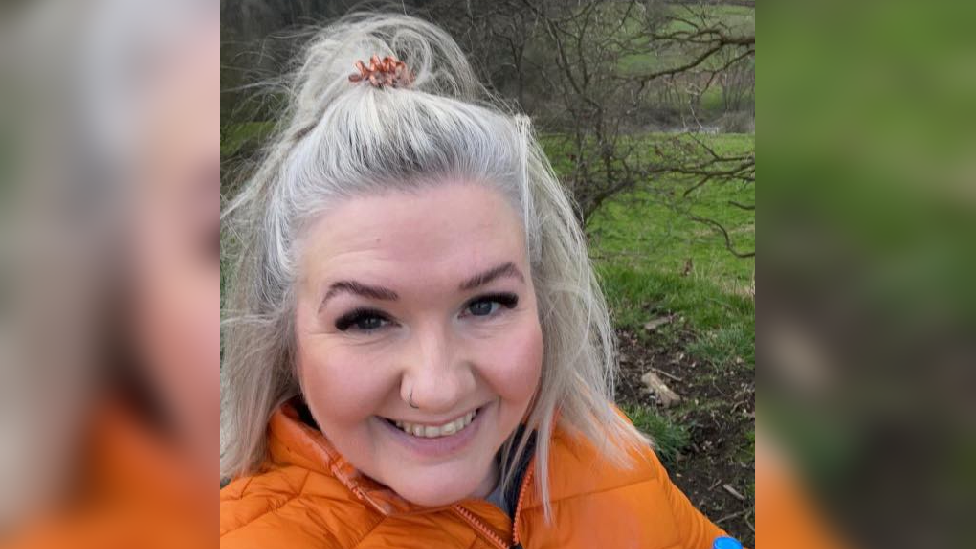
Ms Rees says getting a diagnosis would allow her to get the right treatment
A spokesman for the Welsh government said it was working with EDS UK and community health pathways to develop a nationally agreed pathway for hypermobility in children and adults.
“This will support healthcare professionals to have informed conversations with patients and to provide access to the right specialist teams," a spokesperson said.
“Unfortunately due to the rare nature of conditions, like Ehlers-Danlos syndrome, specialists are not always available within Wales, and whilst every effort is made to deliver as much of the treatment as possible in Wales, where this not possible treatment is provided in England.”
Ms Rees said it was vital she was diagnosed so she could get used to her “new life”.
“It would provide assurance as to what’s going on because there’s no other explanation as to why my body is giving up on me," she added.
Dr Nick Lyons, executive medical director at Betsi Cadwaladr University Health Board said: "We are in contact with Ms Rees and will respond to her directly."
- Published4 August 2023
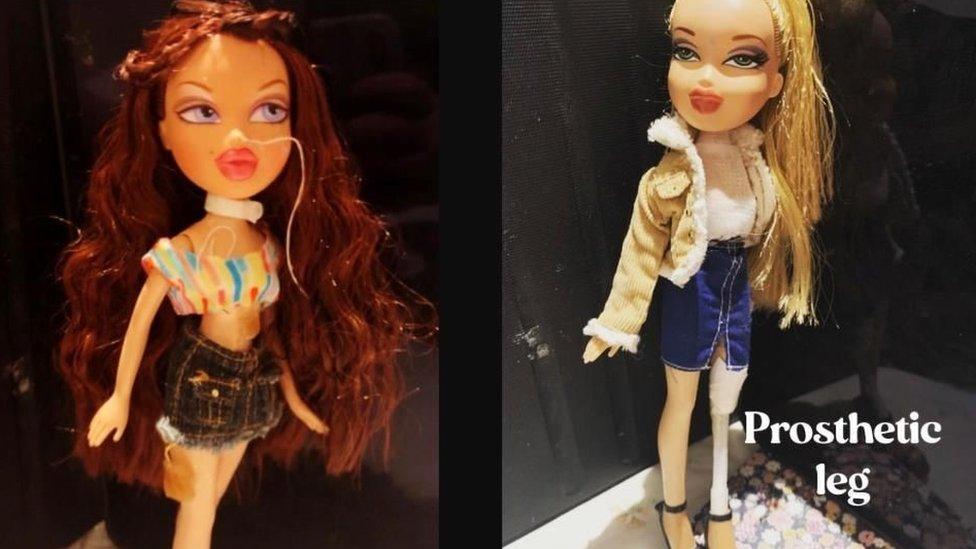
- Published27 January 2023
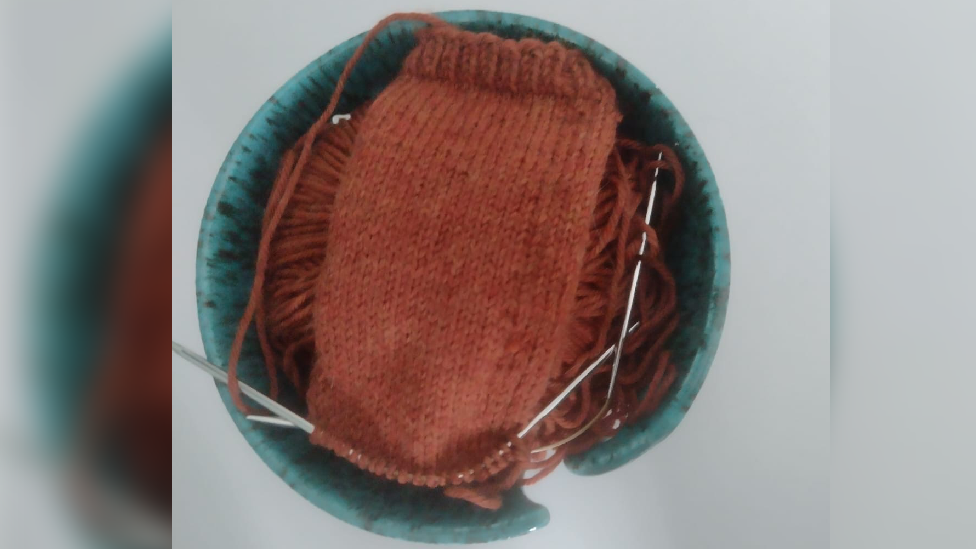
- Published25 April 2023
